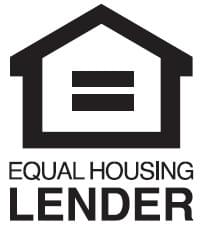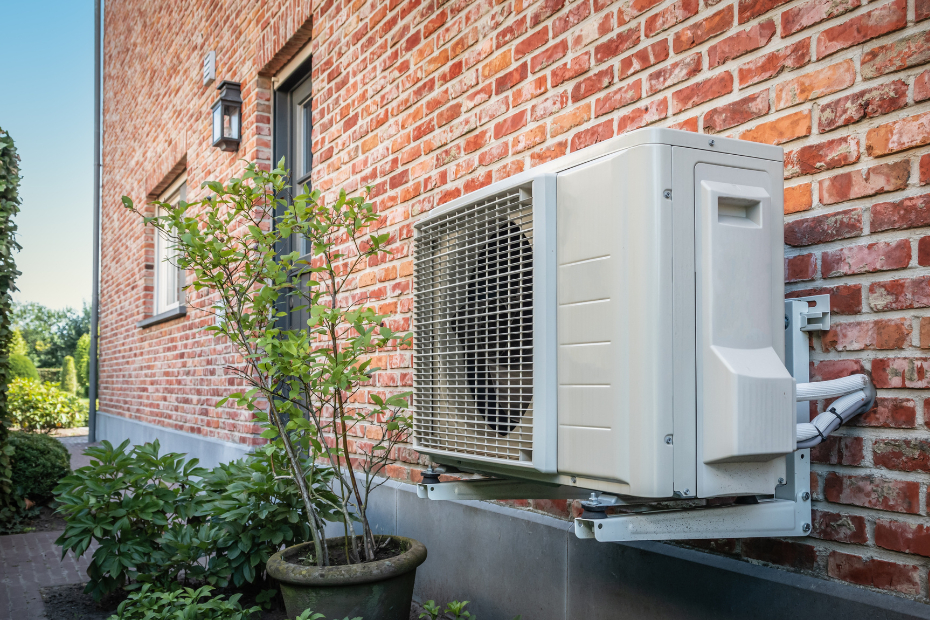Once you rent out your vacation home, the next step is often enjoying the rental income your property generates. But when the home is U.S.-based, there’s one additional thing to plan for: U.S. taxes.
If you’re renting out a home in the U.S. — or have plans to — keep these tax guidelines in mind.
1. When You Have to Report Rental Income
Canadian residents are required to pay U.S. income tax on rental income from properties they own in the U.S. Rental property income is taxable if the property is rented out more than 14 days per year, according to IRS rules.
For U.S. taxes, rental property income is reported on Form 1040NR. You’ll need an IRS-issued Individual Tax Identification Number to file a U.S. return. Depending the state the home is located in, you may also have to pay tax on rental income at the state level.
Don’t forget your tax obligations in Canada either. Canadians are required to complete a Foreign Income Verification Statement to report rental property income for foreign property costing more than $100,000.
2. Determining How Much Tax is Owed
Canadians can use one of two calculation methods to help determine the tax owed on U.S. rental income:
- 30 per cent withholding tax on gross rents
- Net rental basis
The first option is the simplest: Your gross rental income is taxed at a flat rate of 30 per cent. You wouldn’t have to file a U.S. tax return with this option; instead your tenant would be responsible for withholding the required amount and passing it on to the Internal Revenue Service. You would not be able to deduct eligible rental expenses using this method. For that reason, a 30 per cent withholding could prove expensive.
The second method involves filing Form 1040NR with Schedule E, which breaks down your net rental income. This is your gross rental income minus operating expenses for the property. While this may be more time-consuming, you could come out ahead tax-wise if using the net rental basis reduces the amount of tax you owe on U.S. rental income.
3. Deductible Rental Expenses
If you elect to pay on the net rental basis, there are certain expenses the IRS allows you to deduct from your rental income. Those include:
- Mortgage interest if you used a loan to buy the property
- Property taxes
- Depreciation
- Repairs and maintenance
- Operating expenses, such as property management fees and utilities
- Other necessary fees, such as advertising your rental
You generally can’t deduct improvements you make to the property unless they substantially change what the home is used for. If you’re planning to claim any of these expenses as a deduction, make sure you keep detailed records. Specifically, you should be able to show:
- What the expense was, and,
- When and how an expense was paid, using receipts, canceled checks or bank statements.
Additionally, keep accurate records of rental income as well if your return is selected for an audit.
Get Professional Tax Help
If you’re renting out your U.S. home for the first time, It’s a good idea to talk to a cross-border financial planning or tax expert beforehand. They may help you better understand which tax laws apply to rental income, both in the U.S. and Canada, and develop a plan for managing that income in a tax-efficient way.
RBC Bank is RBC Bank (Georgia), National Association (“RBC Bank”), a wholly owned U.S. banking subsidiary of Royal Bank of Canada, and is a member of the U.S. Federal Deposit Insurance Corporation (“FDIC”). U.S. deposit accounts are insured by the FDIC up to the maximum amount permissible by law. U.S. banking products and services are offered and provided by RBC Bank. Canadian banking products and services are offered and provided by Royal Bank of Canada. U.S. deposit accounts are not insured by the Canada Deposit Insurance Corporation (“CDIC”). RBC Bank, Equal Housing Lender.
More from the Rental Income from U.S. Homes Series:
This article is intended as general information only and is not to be relied upon as constituting legal, financial or other professional advice. A professional advisor should be consulted regarding your specific situation. Information presented is believed to be factual and up-to-date but we do not guarantee its accuracy and it should not be regarded as a complete analysis of the subjects discussed. All expressions of opinion reflect the judgment of the authors as of the date of publication and are subject to change. No endorsement of any third parties or their advice, opinions, information, products or services is expressly given or implied by Royal Bank of Canada or any of its affiliates.





























